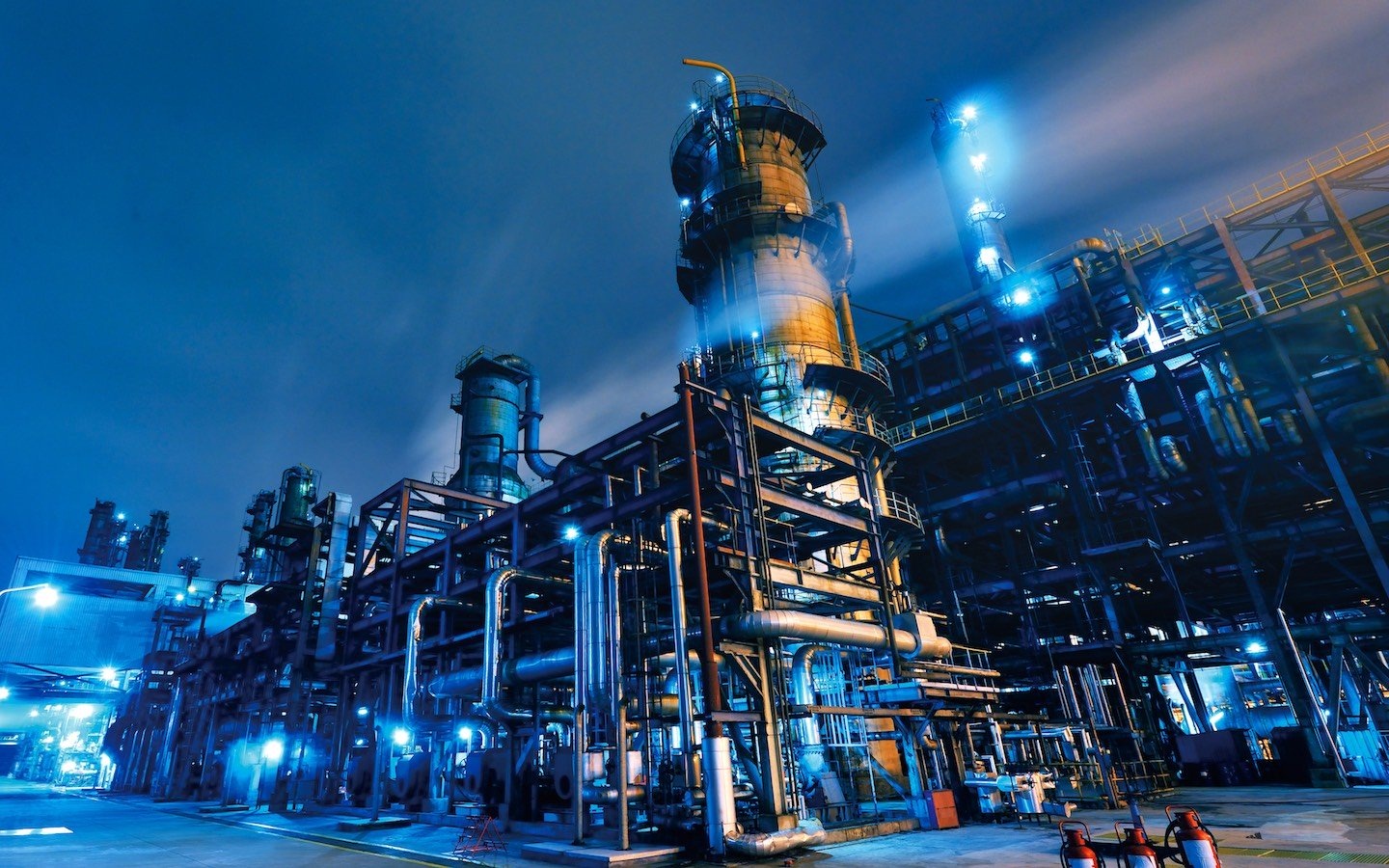Making a transition from one product to another can be difficult once accustomed to the original product. This is especially the case for cleaning products, such as industrial cleaning solvents or degreasers. And when this transition is necessary in a commercial application, it can become even more complicated. Not only is a new product source needed, but additional training may be necessary for employees to properly utilize the new product. This is the dilemma the aerospace industry has had to face since the passing of the Clean Air Act Amendments of 1990.
Industrial cleaning solvents are used daily to clean floors, walls, parts, and tools which are used daily. In this industry, many people are wary of the effectiveness of organic degreasers. Solvents used must be able to lift and wash away particles which aren’t water soluble. The non organic industrial solvents used on a regular basis to remove oil, dirt, and grease can often times result in air pollution, noxious fumes, and skin irritations. Often times people associate these harsh side effects with a powerful and more effective solvent. This is absolutely not the case, and organic degreasers can not only do their job well, but they no longer put the well being of the environment and employees at stake. Organic industrial solvents are biodegradable, and can often be diluted in water, making them a more affordable alternative in the long run for business owners.
Organic degreasers can be used to clean both the outer shell of aircraft vehicles as well as the interiors. Since there are no longer health hazards of using solvents once a company transitions over to using organic solvents, there is no longer a need to purchase separate cleaning agents which are safer to use where passengers may be seated in commercial air crafts. Often, organic degreasers are made from safe substances such as orange oil, soybeans, and even corn. These cleaners can be used on the inside and outside of aircraft, and even on the tools used to work on them with. Organic cleaners which can now be used in pressure washers to take on industrial jobs such as cleaning machinery are safe enough for families to use to clean in their kitchens and bathrooms at home.
The aerospace industry is now having to make a conscious effort to take into consideration the health of their employees, passengers, and the effect their actions have on the environment. Pollution is now clearly visible in the form of smog, acid rain, and ocean toxicity. The necessary transition to safer cleaning alternatives does not have to be a difficult one. Biodegradable and environmentally friendly solvents have now been developed to the point of being more effective and safe than their predecessors. By switching entirely to these alternative cleaning methods, the aerospace industry will be protecting the environment from further degradation right now and improving the status of our planet’s delicate ecosystem for the many generations to come. Best of all, they will not have to sacrifice the effectiveness of their solvent’s ability to clean up industrial sized jobs.
